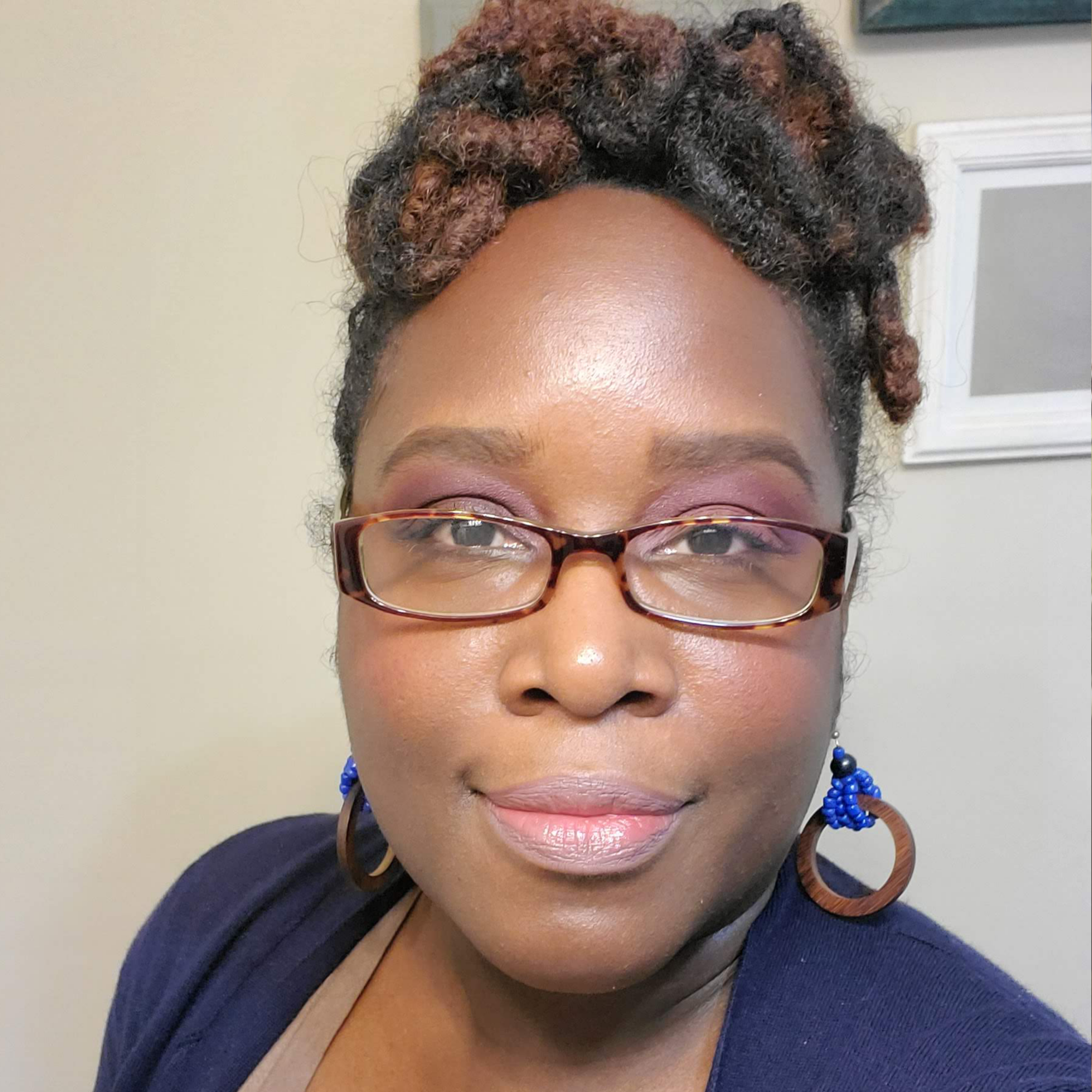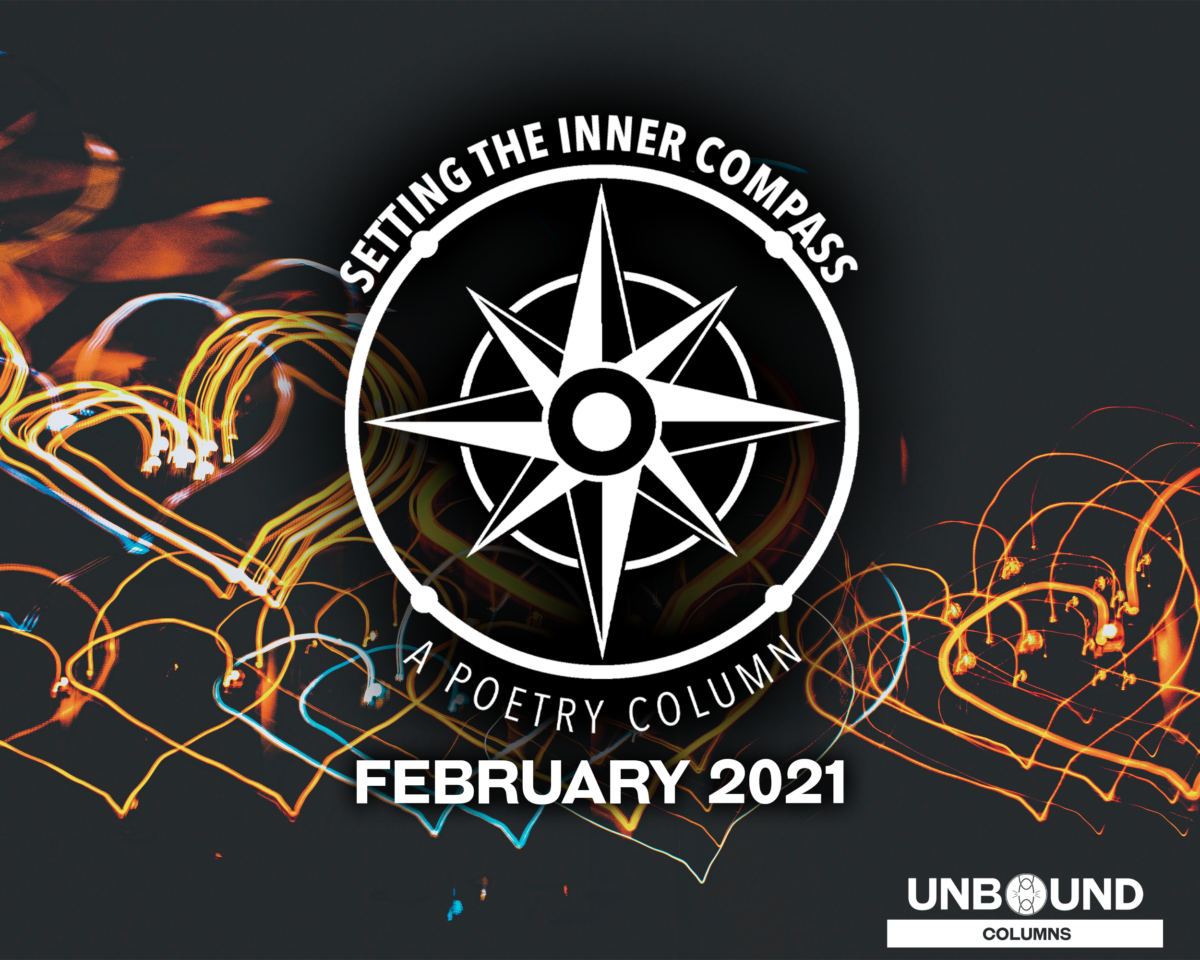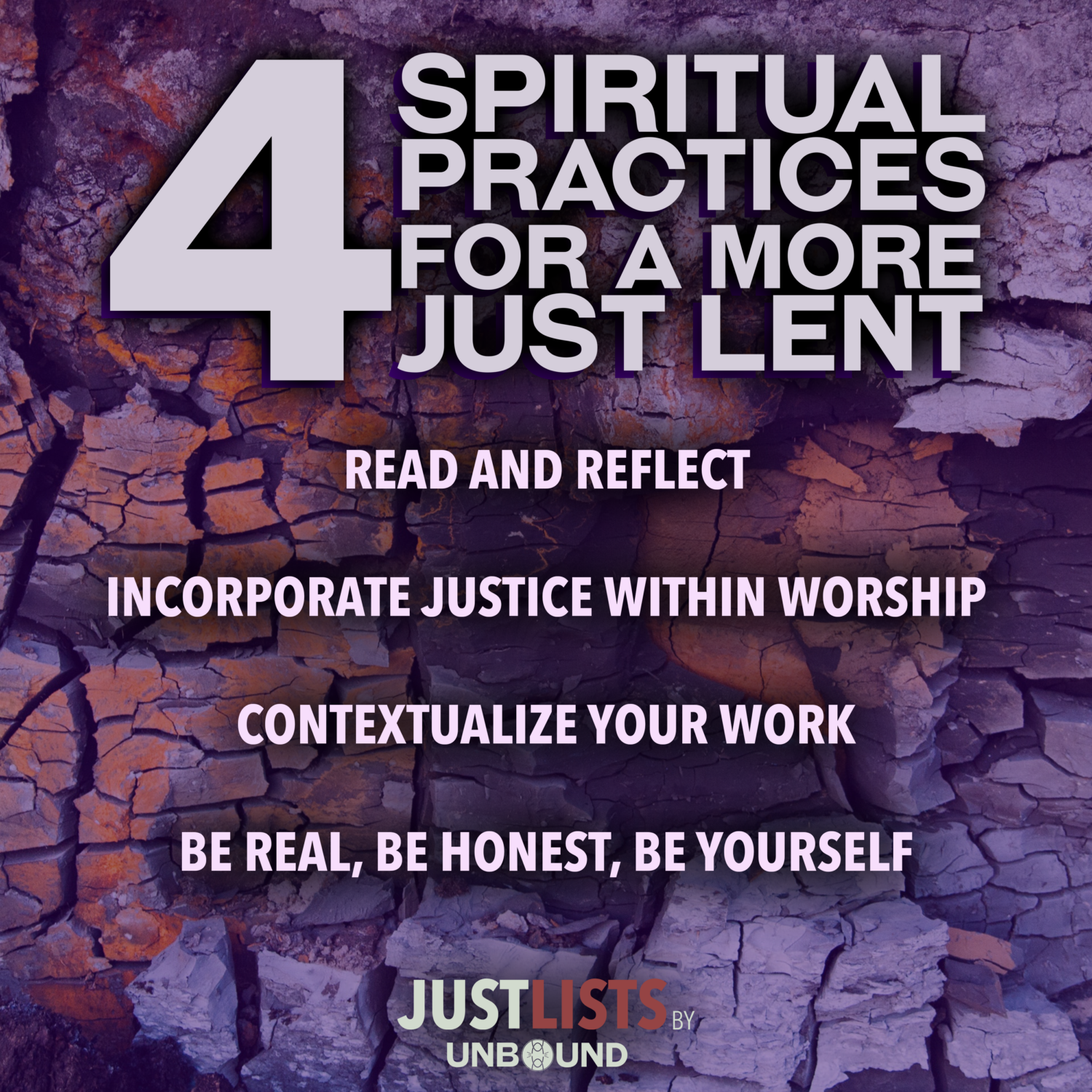On this pandemic Valentine’s Day (or day after) I wanted us to really think about love. I know it seems cliche to have a post about love on this highly capitalistic holiday, but you know this will not be just the ordinary “love your neighbor” (Mark 12:31) kind of post. No, on this pandemic day of love I want us to question our love. I want us to really think about what we love and how it motivates us and where love is situated in all that we do.
I was given the opportunity to preach virtually for a classmate’s congregation. It was quite unusual to record a sermon. Though my girlfriend was watching off video, there is something humbling about not being able to see expressions and reactions while having a conversation with others. I preached on this very subject with the sermon also titled, “Who Do You Love.” Some of the topic was based around LL Cool J’s song with the same title and chorus refrain. This question is one that is asked, but rarely do we encourage congregants or take the time ourselves, to dig deep into the motives behind why we love the things that we love. Often, the question is relegated to our closest intimate relationship. Why do you love me? Or what is it that you love so much about this person? Love, however, is acted out in what we believe, say and do.
Believe–
As Christians there are many biblical verses that can be preached to illustrate love; who we should love, why we should love, and how love should act. These verses are preached and studied and often times even if the scripture lesson does not particularly talk about love directly, it would not be surprising to hear the preacher mention love as a “by-product” of another lesson or instruction being taught in the scripture text. For many believers, love is the central characteristic for following Jesus Christ. We believe that Christ came as an example of how we are to live as faithful disciples. It is also understood that many Christians believe that Christ came to save and lead one particular type of believer: a heterosexual, white, married with children believer.
Belief is both a spoken acknowledgement of a particular sentiment and also the way we act or are viewed by the world around us. We say what we believe and we act out what we believe. Many of us watched the second impeachment trial of the now former President Donald J. Trump. We watched as many people are saying what they believe to be true, even when the facts prove contrary to their beliefs. This is not the first time we have seen a group of people state their beliefs, yet their actions prove to show a different type of belief. The Apostle Paul is the first follower of Christ who believed and acted against Jesus. Yes, Paul’s mind and actions were changed, but to those who knew Paul before, all they saw was one whose beliefs and later actions contradicted who he was to them before.
In America, black and native persons are all too familiar with people espousing a Christian belief, but enacting violence and prejudice to those deemed “other”. Black and Native persons watched white men in particular speak versus out of the Bible as they lynched, scalped, raped, beat our bodies and stole our lands. Slaves were taught only the biblical narratives about being good slaves and humbled servants. The beliefs of White American Christians have always stood in contradiction to what Jesus teaches and how Jesus acted with those who were “others” in the communities he interacted. What American Christians believe is not in a Christ that loves all or saves all. The impeachment trial and other acts of violence on Americans by Americans says and shows what we truly believe. We believe that we are the masters and authors of our own lives. That we love only those who look like us and think like us.
1 Corinthians 13:1-13 is the ultimate love text. Recited from weddings to funerals as an example of moral human character to instructions on how to mend tensions within a community. This text rattles off the tongue in passionate poetic fashion to the hearer. Everything is dependent on love. Without love the prior actions, gifts of the spirit, intentions are all worthless. We teach this. We use this text as an example, but have we overused it? Do we really believe that love can be used so reflectively in our day to day lives? Recent events have proven that love is just empty rhetoric. If we believed in love then our words and ways of being would reflect love, right?
Say–
Words have power. We say that we love someone until we do not. We say that we love people for who they are until they become someone or something we disagree with. We say we can love a person and just hate their sins, but find ourselves arguing more about the sins then we find ourselves loving the person. So what does it mean to say, “I love you?” In this new pandemic world, this 21st century “it’s a small world after all” because of technology and social media, how do we say what we love not by words alone, but through what people post, tweet and share? Words today are limited by the number of characters allotted by programmers. Short-hand has become modified by emojis and memes. One word must hold multiple meanings and are limited to a handful. You have followers, friends, acquaintances and close acquaintances. You must define your relationship status to be in a relationship, married or ‘it’s complicated’ if not automatically defaulted into the single category. In the United States, we are arguing more over what is Constitutionally considered free speech when talking about things one hates. It is harder to find the right words to say. It is even harder to find loving words.
We have become a “do as I say, not as I do” country. There was a time when one was beholden to their words. Your word was the strongest bond or contract you had between you and another person. Proverbs 16:24 tells us that, “pleasant words are like honey.” Words have the power to heal or to tear apart. In a world that is harsh and during these pandemic times we should be speaking more words that will bring healing than words of destruction. Oftentimes we tend to stray away from speaking the truth because we do not want to offend or make someone uncomfortable. We believe that it is more loving to keep silent than to speak the truth of what hurts us and what brings us joy if it is not acceptable to the person(s) we are speaking to. 2 Timothy 2:23-26 gives us guidance on how to engage in conversation when the topic is controversial. Ephesians 4:11-24 teaches us how we are to fully be as believers, and verses 15 and 16 speak about telling the truth in love and that it is love that strengthens and builds up the body. So love is a powerful word to use. When we speak with the focus to build up and to find ways to unify individuals and communities, we must not remain silent. Until America can have a conversation about the injustice of its racialized systems then we will not be a loving nation.
Do–
“I’ll believe it, when I see it.”
“It’s not what you say, but what you do.”
“Action speaks louder than words.”
Preach! These phrases have been stated like the refrain you shout to in church (for those who shout externally). So many of us have been taught that it does not matter what we say as much as it matters how we act. We can say one thing and then do (act) in a manner counter or opposite to what we said. This is usually seen in politics. The 21st century political climate has been a words versus action battle. We are in the midst of arguing within our highest government offices if words led to actions; and if both are worthy to be defined as treasonous. Some of these words included expressing love to the gathered mass of people storming in and through the United States Capitol building. Arguments that love will be seen in acts of practicing safety from wearing masks to social distancing during this pandemic are also a part of this new 21st century way of being. It is also seen in the social arena as we continue to face conversations on standards of beauty and what is considered appropriate and professional hair-styles for non-white women.
Politically, I preached that when we are reflecting on this question of who or what do we love, we must critically look at the impact of our votes. We must insert ourselves into the action we are taking. If we are not willing to separate our own kids from ourselves when we cross the border of another country then surely we cannot think it is okay for us to do that to other parents. If we are not willing to have poor health coverage nor be told how to control our own bodies then surely we should not vote for measures that do such to others. I told the congregation that love starts with ourselves and should not be dependent on political party affiliation. If we could not see the love of God in others then how do we see God’s love in ourselves. We cannot say we love God’s people then act in a way that is contrary to the very practice of Jesus.
I was speaking with another classmate who works in the hospital with youth and the number of eating disorders and other mental health challenges around appearance has increased. Some due to the lack of control the pandemic is causing, which has increased tensions within families and aided in young people having to navigate self, peer pressure and familial issues. Young people are committing suicide because they are LGBTQI+. Young people are feeling unloved. It is more important than ever to engage with our young people and check-in with them. The seemingly simple act of turning off the television and putting down the phone to give attention to our children is the biggest act of love. Showing love means showing acts that express care and concern to all, but especially to those vulnerable.
Conclusion–
I had a mentor whose father would say, “Love do!” His South Georgia wisdom speaks loud. Love is an action word. It means nothing to simply speak words of love, love is seen in action. It is seen standing up for injustice. It is seen being kind to a stranger. It is seen paying attention when someone is speaking to you even if you disagree with what they are saying. Love is seen working to overcome the past and heal past hurts. Love is seen when we believe those who have been raped. Love is seen when we believe those who have been falsely incarcerated. Love does and can do so much if we truly allow ourselves to be motivated and directed by love.
Love is not afraid of lack. Love is not scared that it will not receive love back. Love believes in a God of love and mercy. Love trusts that any act, any word spoken, any belief based in love will be redeemed by God. Love never fails because Jesus proved that love lives on beyond death. Love outlasts anything else we can ever think to do, act on or say. People remember the ways they were loved far more than they remember the details of a single day. Love uplifts. Love heals. Love saves. So, on this love day, let us really think about not just who we love, but question why we choose anything else over love.

Melva Lowry is a candidate for ordination in the PC(USA). She’s a ruling elder in the Greater Atlanta Presbytery at Rice Memorial. Mel holds 3 Masters from 2 PCUSA affiliated seminaries. She recently served as one of the Hands and Feet Fellows for the 224th General Assembly.



Unbound Social